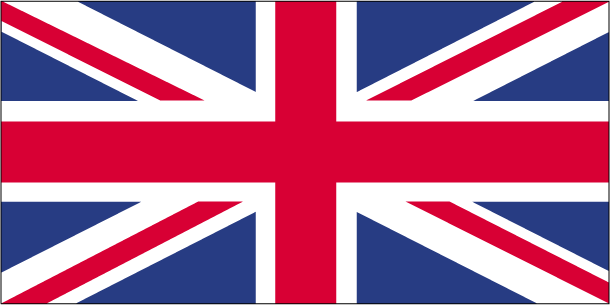Free speech concerns in the U.K. rise as communications regulator expands team to enforce online censorship laws
09/02/2024 / By Richard Brown

Concerns about free expression in the U.K. are growing as communications regulator Ofcom plans to expand its team by 20 percent to help enforce the Online Safety Act.
This move comes at a time when the country is experiencing a surge in arrests related to online speech, raising alarms over potential overreach in regulating free speech.
According to the Financial Times, the expansion will increase Ofcom’s workforce from 460 to over 550 by March 2024, making up a third of its total staff.
The catalyst for this heightened regulatory focus was the recent riots in Southport, England, following the mass stabbing of children on July 29.
Social media was widely blamed for spreading misinformation that fueled the chaos, leading to several arrests connected to online posts. This incident underscored the government’s concern about the role of social media in spreading harmful content, prompting a stronger push to enforce the Online Safety Act. (Related: Sermon 019: Mike Adams discusses why CENSORSHIP is SATANIC.)
The Online Safety Act, passed last year, aims to combat the spread of harmful so-called “misinformation” online.
However, the expansion of Ofcom’s role under this law has sparked fears of regulatory overreach, with critics warning that it could lead to the subjective policing of online speech.
These fears are not unfounded as the British government has been planning to reintroduce measures mandating the removal of “legal but harmful” speech, a controversial provision that was initially dropped due to concerns over its impact on free expression.
Public figures have voiced concerns about the potential for censorship under the new law, arguing that it could stifle legitimate discourse and dissent.
The rapid increase in Ofcom’s regulatory power has also drawn criticism from civil liberties groups, which argue that the vague definitions of “harmful” content could lead to the suppression of free speech.
In addition to expanding its workforce, Ofcom is reportedly planning to implement stricter guidelines and penalties for social media platforms that fail to comply with the Online Safety Act.
This could include significant fines or even the suspension of services in extreme cases. The regulator has emphasized that its primary goal is to protect users, particularly children, from harmful content, but the broad scope of the Act has raised concerns about its potential misuse.
The expansion of Ofcom’s role is also occurring in the context of broader discussions about online regulation in the United Kingdom. The government has been exploring ways to balance the need for safety with the protection of free speech, but critics argue that the current approach risks tipping the scales too far in favor of censorship.
Online Safety Act supposedly instituted to “protect children”
The Online Safety Act, which received royal assent on Oct. 26, 2023, requires social media companies and search engines to “protect children” and give adults more control over online content, placing legal responsibility on tech firms to prevent and remove illegal content like terrorism and revenge pornography.
Companies must also shield children from harmful material, such as bullying and self-harm content.
Noncompliance could result in fines of up to 18 million British pounds ($23.66 million) or 10 percent of global revenue, with senior managers potentially facing prison for failing to protect children.
Over 100,000 online services could be affected by the new rules, with safety measures tailored to the size and risk of each service. Monitoring the Act’s implementation will be essential, and businesses will need to assess and address risks proportionately to ensure compliance.
Watch this video explaining what the Online Safety Act is.
This video is from the Dune Drifter channel on Brighteon.com.
More related stories:
Republican VP pick J.D. Vance calls for Google breakup over CENSORSHIP activities.
U.S. government funneling BILLIONS to pro-censorship advertising alliance, federal review finds.
Sources include:
Submit a correction >>
Tagged Under:
banned, big government, Censorship, conspiracy, cyber war, fascism, free speech, freedom, Glitch, insanity, Liberty, Ofcom, Office of Communications, Online Safety Act, online speech, police state, speech police, Suppressed, thought crimes, thought police, Tyranny, United Kingdom
This article may contain statements that reflect the opinion of the author
RECENT NEWS & ARTICLES
COPYRIGHT © 2018 THOUGHTCRIMES.NEWS
All content posted on this site is protected under Free Speech. ThoughtCrimes.news is not responsible for content written by contributing authors. The information on this site is provided for educational and entertainment purposes only. It is not intended as a substitute for professional advice of any kind. ThoughtCrimes.news assumes no responsibility for the use or misuse of this material. All trademarks, registered trademarks and service marks mentioned on this site are the property of their respective owners.




















